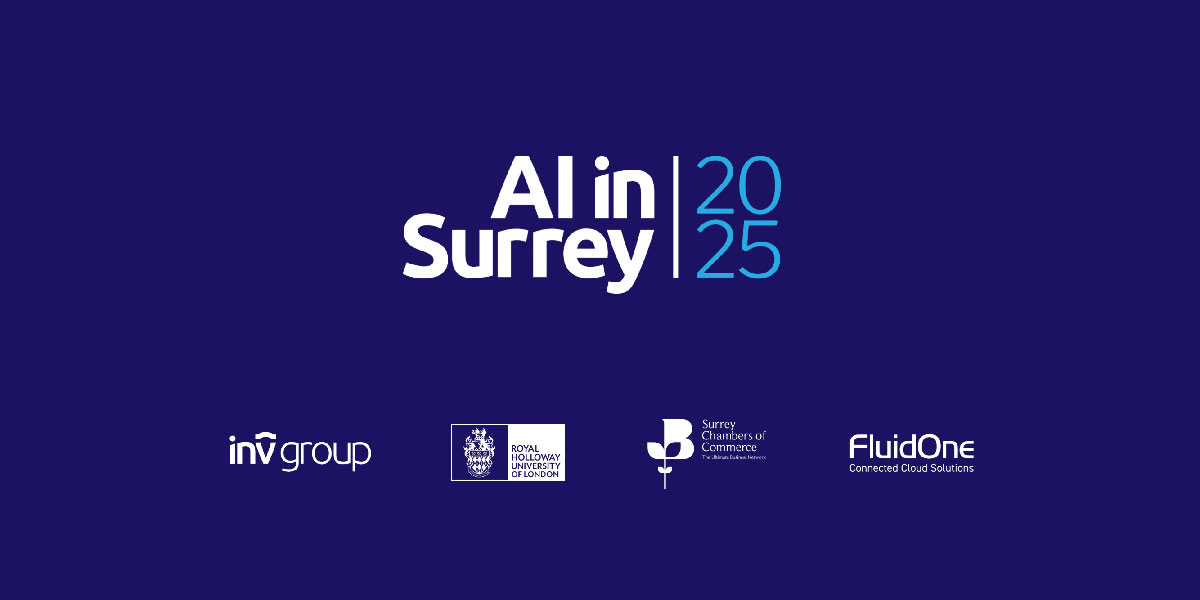Let me say it again. There is no such thing as a Digital Strategy. Honestly. If you think your organization needs a new digital strategy in 2019, then I’m sorry to say that you’ve completely missed the boat. It is misguided and dangerous to be creating a separate digital strategy for your organization in world that is not “going digital”. We already are digital.
I was reminded about this when I read that the new NHS Long-term Strategy has just been published. Initial commentary described it as an NHS strategy for digital. And immediately sought to criticize the groundhog-day implications of yet another attempt to digitize hospitals, doctors’ offices, and patient record keeping. Previous attempts in the NHS to bring its service delivery into the digital age have been far from successful. It is easy to argue that the latest attempts are unlikely to be much more successful. But I would claim that this has nothing to do with “digital strategy”. However, it has everything to do with strategy and execution.
It is popular today to talk in broad terms about “digital transformation” as if it is a new phenomenon unconnected with previous project management approaches. Dealing with uncertainty and change has always been a major element of public and private sector life. The differences in a digital world are at 3 distinct levels. First, a new stream of technologies must be understood and adopted as part of any solution. The speed at which these are appearing and evolving is leaving many organizations behind. Second, the tools for planning, organizing, managing and delivering large-scale projects are increasingly digital. Hence, the individuals, communities, and companies responsible for project execution are going through their own digital transformation. Many are struggling to adopt the new tools and techniques at sufficient pace, raising the volatility in key management tasks. Third, the expectations of stakeholders on all sides have been massively raised by high-profile digitally-powered organizations raising the bar in products and service delivery far above the industry norms. Having had interactions with companies such as Google, Amazon, FedEx, Inditex, Mondo, and many others, there are inevitable comparisons being made when processes are ineffective or product performance is substandard.
Yet the NHS report publication is only one of several key announcements recently. It comes when there have been others describing the poor state of the UK Government’s flagship digital transformation programmes, Universal Credit , London Crossrail, and the high-speed rail network HS2. All of these have very high digital technology components – as you would expect of any major infrastructure project in the 21st century. Running large transformations of this scale is tough. Period. Regardless of the digital component of such efforts, the issues being addressed are ones of scale, diversity, financial management, politics, and much more. Their execution is notoriously difficult to manage, and widely criticized. In fact, poor performance has even been described in terms of the broader damage to the UK reputation for managing large projects. With the root of many of the issues seen by the UK National Audit Office (NAO) as “weak management, ineffective control and poor governance“.
So please lets make 2019 the year we stop talking about “digital strategy” as a separate concern. Accept we live in a digital world. Transforming organizations to be more efficient, responsive, and better aligned with user needs will inevitably involve use of digital technologies and practices. Overcoming socio-technical challenges will be central to the success of such efforts. We all need to be digitally-aware in the same way you’d expect everyone in your organization to understand profit-and-loss, business model innovation, and organizational dynamics. Welcome to the future.






